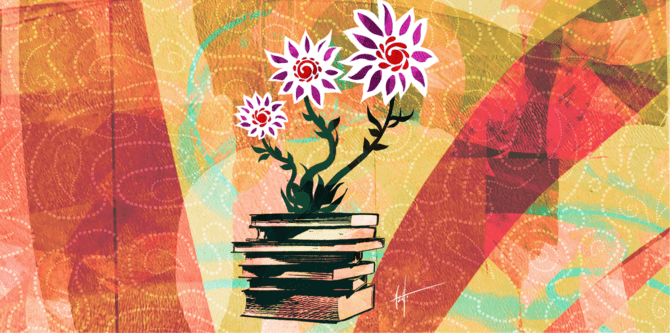By Sara Proaño, Community Engagement Manager for KDL
When I talk to newcomers about public libraries here in the United States, I often find myself explaining the service model and the way this institution is funded, because it is rare to find someone who has visited a similar place in Latin America.
The library is a public space accessible to all people and usually financed by public funds, such as taxes or a property millage. Libraries are operated by librarians and paraprofessionals who are considered public servants.
In many of our Latin American countries we have magnificent libraries with impressive collections, but the service model that places the user as the owner of the resources is unusual, as it is the idea of taking books home.
The existence of this service model is, in great part, because of Andrew Carnegie, an American businessman and philanthropist who dreamed that libraries would offer "books and information to all people."
Today we find at least one library in every small town and multiple in larger cities. The presence or absence of a library is one of the most important indicators of a community's health and well-being and is one of the factors to consider when buying a home. But libraries are more than an economic factor that impacts the price of a property. This institution is at the center of the defense of democracy, providing a healthy and safe place that invites dialogue and understanding.
Each of the books carefully arranged on the shelves of a library represents a person and a way of thinking, understanding and explaining the world. It is an intergenerational, intercultural dialogue, a geographical exploration. In one way or another, the library is an invitation to understand our own community, our humanity.
In the same way that a supermarket offers more than one food option, public libraries guarantee access to information and diverse opinions. This requires the user to learn to select their preferences carefully, but it also invites them to explore opinions never known before. The point is that it is the person who chooses, and freedom of choice is what characterizes a democracy.
Parents can and should model for their children the ability to choose, learn and be formed, not only professionally, but also morally. That's why I believe in public libraries, and I defend them. That's why I invite everyone to visit us, to get a library card, to experience one of our programs. Because it is not only about entertainment but about identity and freedom.
When was the last time that you visited your public library? Visit KDL today!



Add a comment to: Libraries in North America